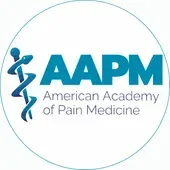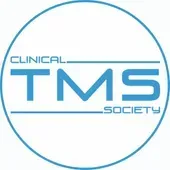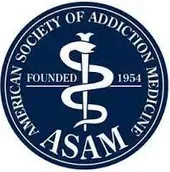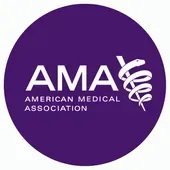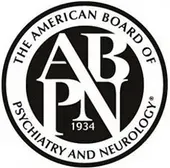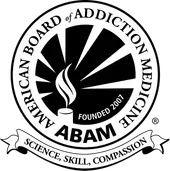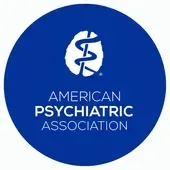An estimated fifty percent of all people with an addiction to drugs or alcohol also have at least one mental health condition. These conditions can range from more common ones like anxiety and depression to less common ones like post-traumatic stress disorder and schizophrenia. When someone has both an addiction and a mental health condition, they are said to have a dual diagnosis.
The combination of addiction and an untreated mental health condition can lead to many serious issues, including a higher risk of death by overdose or suicide. For those with a dual diagnosis, having their mental health symptoms treated at the same time as their addiction is critical to achieving their long-term goals.
Wave Treatment Centers in Chestnut Hill, PA will work with you to treat both your substance dependency and any underlying mental health disorders, to make sure you have a solid, secure framework in place to finally enjoy sobriety and a better quality of life.
"Sometimes helping you get off drugs is enough to resolve mood disorders — and sometimes patients are trying to self-medicate mood disorders with drugs. As an addiction psychiatrist, you have to look for both and treat both for recovery to be possible."
Start your Healing Journey
A healthier, happier life starts here — talk to our caring staff today.
Website Form Submission
Dual Diagnosis FAQ
Frequently Asked Questions
I have been a patient with Dr Beatty for nearly five years now and have had nothing but wonderful experiences with him and his staff. Dr. Beatty and his physicians assistant Lauren go a long way in making me feel comfortable talking about whatever issues I may be having and coming to them for anything I need. When it comes to mental health having a treatment team you can rely on is the biggest key in long term success and Dr. Beatty’s team is the best you’ll find not just in Philadelphia but anywhere else.
Jake J.






